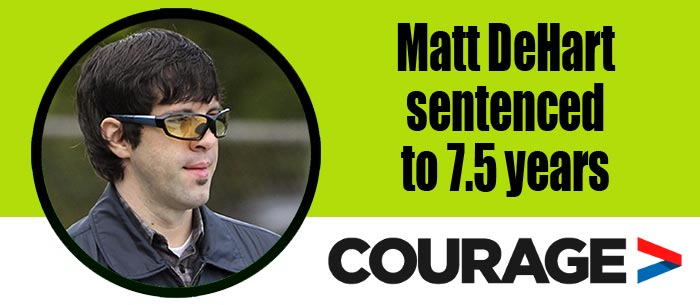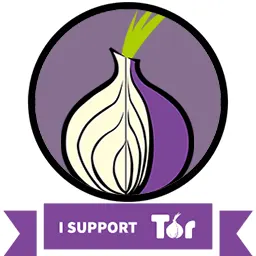
Home Anonymous Operations The Anonymous Solidarity Network Fidel Salinas refused to be an FBI Spy
Friday 20 February 2015
Fidel Salinas says he was charged after refusing to help FBI.
Fidel Salinas currently serving a six-month prison sentence for computer crimes now says that authorities asked him to help the United States gather information on Mexican drug cartels, then charged him with dozens of counts after he refused.
Fidel Salinas of Texas started his half-year prison sentence last Friday, three months after he accepted a plea deal that saw him owning up to a single count of accessing without authorization the computer system of Hidalgo County in 2012. The activity was part of an operation that authorities say involved the hacktivist collective Anonymous.
Fidel’ troubles with the law began when his house was raided in early 2012 as part of the investigation of his alleged hacking. He was arrested and all of his computer equipment seized, then released on bail. In May, 2013, as he tells it, he was called by the FBI and told to come to the local field office to retrieve his confiscated computers. When he arrived at the office he claims he was instead put in a room and questioned.
During those six hours, Fidel says FBI agents showed him evidence that he had logged into Anonymous IRC chatrooms. He says they brought up OpCartel, an aborted Anonymous plan in 2011 to hack Mexico’s Zeta drug cartel. And finally, he claims they asked him to help them gather information on both the cartels and local officials who had accepted money from them.
“We think you can help us,” Salinas says he was told. “You can help us stop some of this corruption and stop the cartels.” “I’m not going to snitch,” Fidel says he replied. They insisted that they weren’t asking him to inform on his friends or Anonymous associates.
Fidel says he refused. Four months later, he was hit with a single computer fraud and abuse charge. Six months after that, prosecutors filed a superseding indictment, adding 13 more counts. The next month they added another 30, adding up to a total of 44 charges.
“Hackers are the new communists.”
Cyber attorney Tor Ekeland later took up the case pro bono and helped Salinas iron out the plea deal entered last year, trading in the 44-count indictment in exchange for a single misdemeanor charge.
“The more I looked at this, the more it seemed like an archetypal example of the Department of Justice’s prosecutorial abuse when it comes to computer crime.” “Fundamentally this represents the FBI trying to recruit by indictment.” “The message was clear: If he had agreed to help them, they would have dropped the charges in a second.”
Tor Ekeland says the overreaching charges fit into a pattern of the FBI and Justice Department threatening hackers with ruinous charges to turn them into informants, and in at least one other prominent case, cooperative hackers.
While working as an FBI informant, Anonymous hacker Hector “Sabu” Monsegur led hacking operations against more than 2,000 internet domains, according to the leaked sentencing statement of Jeremy Hammond, another Anonymous hacker. Those targets included government websites in Iran, Pakistan, Nigeria, Turkey and Brazil.
Securing a defendant’s cooperation by threatening him or her with a mountain of charges is nothing new, says Electronic Frontier Foundation attorney Hanni Fakhoury. But that’s usually accomplished by first charging the defendant and then allowing him or her to reduce punishment by working as an informant or offering information. “I’ve represented many defendants who were propositioned by the government to come into a room and cooperate,” says Fakhoury.
— Music (video) Bérurier Noir












